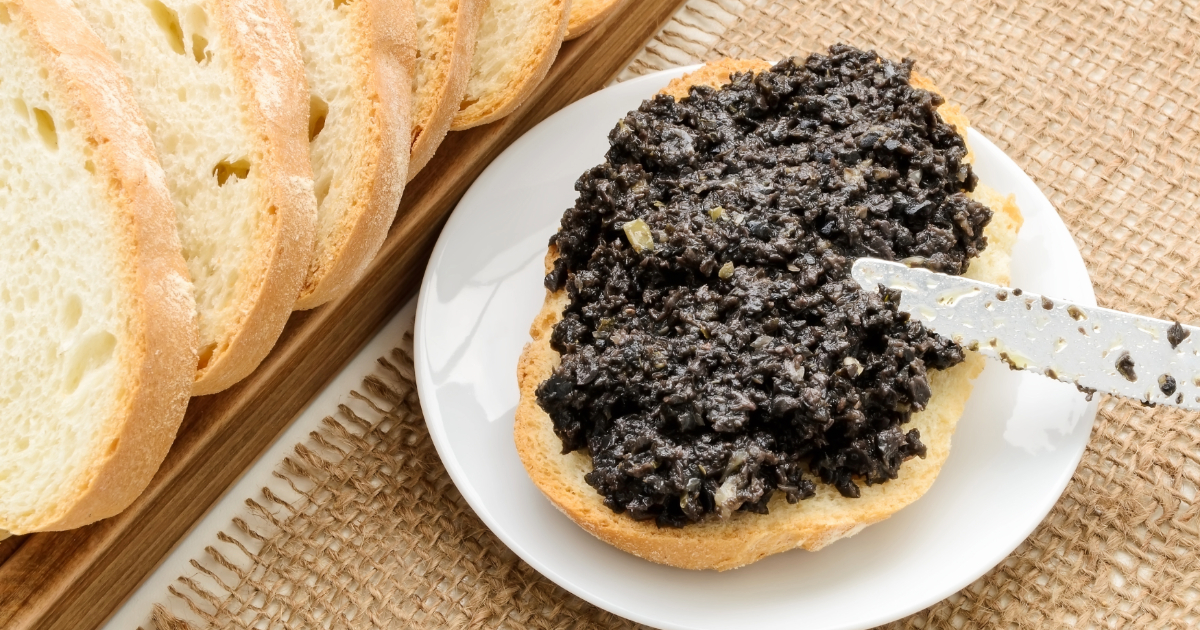Anchovies are small, oily fish that pack a big punch of flavor. They are widely used in various cuisines around the world, from Caesar salad dressing to Pad Thai.

You'll often find anchovies in two forms at the grocery store: anchovy paste and anchovy fillets.
What is Anchovy Paste?
Anchovy paste is a smooth, spreadable paste made from ground anchovies mixed with oil, vinegar, sugar, and sometimes spices. It's often sold in small tubes or jars and has a longer shelf life than anchovy fillets. Anchovy paste provides a concentrated umami flavor, which is the savory, meaty taste that makes foods taste rich and satisfying.
Key Takeaway: Anchovy paste is a convenient way to add a concentrated umami flavor to dishes without having to deal with whole anchovy fillets.
What are Anchovy Fillets?
Anchovy fillets are whole anchovies that have been cured and preserved in salt or olive oil. They are typically sold in cans or jars and have a firm, meaty texture. Anchovy fillets have a more pronounced fishy flavor than anchovy paste and can be used in a variety of ways, such as topping pizzas, adding to sandwiches, or mashing into a paste.
When to Use Anchovy Paste vs Anchovy Fillets
The choice between anchovy paste and anchovy fillets depends on the dish you're making and the desired flavor intensity.
Cooked Dishes
For cooked dishes like sauces, stews, and braises, you can generally use anchovy paste or anchovy fillets interchangeably. The paste will dissolve and distribute the umami flavor evenly throughout the dish, while the fillets will provide a more distinct anchovy flavor.
| Anchovy Form | Substitution Ratio |
|---|---|
| Anchovy Paste | 1 tsp = 2 anchovy fillets |
| Anchovy Fillets | 1 fillet = 1/2 tsp anchovy paste |
Raw or Uncooked Dishes
When using anchovies in raw or uncooked dishes like Caesar salad dressing, it's generally better to use anchovy fillets. The paste can have an overpowering fishy flavor and a gritty texture that is more noticeable in uncooked preparations.
Key Takeaway: For cooked dishes, anchovy paste and fillets can be used interchangeably, but for raw or uncooked dishes, anchovy fillets are often preferred.
Substituting Anchovy Paste for Anchovy Fillets
If you don't have anchovy fillets on hand, you can substitute anchovy paste in many recipes. However, there are a few things to keep in mind:
- Anchovy paste is saltier than anchovy fillets, so you may need to adjust the salt content in your recipe.
- Anchovy paste lacks the firm texture of anchovy fillets, so it may not work well in dishes where you want to see or feel the anchovy pieces.
- Anchovy paste can have a more intense fishy flavor than anchovy fillets, which may be undesirable in some dishes.
Other Anchovy Substitutes
If you don't have anchovy paste or anchovy fillets available, you can try using one of these substitutes to add umami flavor to your dish:
- Fish Sauce: 1 tsp fish sauce = 1 tsp anchovy paste
- Worcestershire Sauce: 1.5 tsp Worcestershire sauce = 1 tsp anchovy paste
- Shrimp Paste: 1 tsp shrimp paste = 1 tsp anchovy paste
Keep in mind that these substitutes may not provide the exact same flavor as anchovies, but they can add a similar depth and richness to your dishes.
FAQs
What is anchovy paste made of?
Anchovy paste is made by grinding anchovies with salt, oil, vinegar, and sometimes spices to create a smooth, spreadable paste.
Can you substitute anchovy paste for fish sauce?
Yes, you can generally substitute anchovy paste for fish sauce in equal amounts. However, fish sauce has a more complex flavor profile than anchovy paste, so the results may not be exactly the same.
Does anchovy paste go bad fast?
No, anchovy paste has a relatively long shelf life when stored properly in the refrigerator. An unopened tube or jar of anchovy paste can typically last for several months past its best-by date.
Can anchovy paste make you sick?
Anchovy paste is safe to consume when stored and handled properly. However, like any other food product, it can spoil or become contaminated if not stored correctly. Always check for signs of spoilage before using anchovy paste, such as an off odor or discoloration.
What are some healthy substitutes for anchovy paste?
If you're looking for a healthier alternative to anchovy paste, you can try using miso paste, nutritional yeast, or seaweed seasonings to add umami flavor to your dishes.
Conclusion
Anchovy paste and anchovy fillets are two distinct forms of the same ingredient, each with its own unique characteristics and uses.
Anchovy paste is a convenient way to add concentrated umami flavor to cooked dishes, while anchovy fillets provide a more pronounced anchovy taste and can be used in both cooked and raw preparations.

